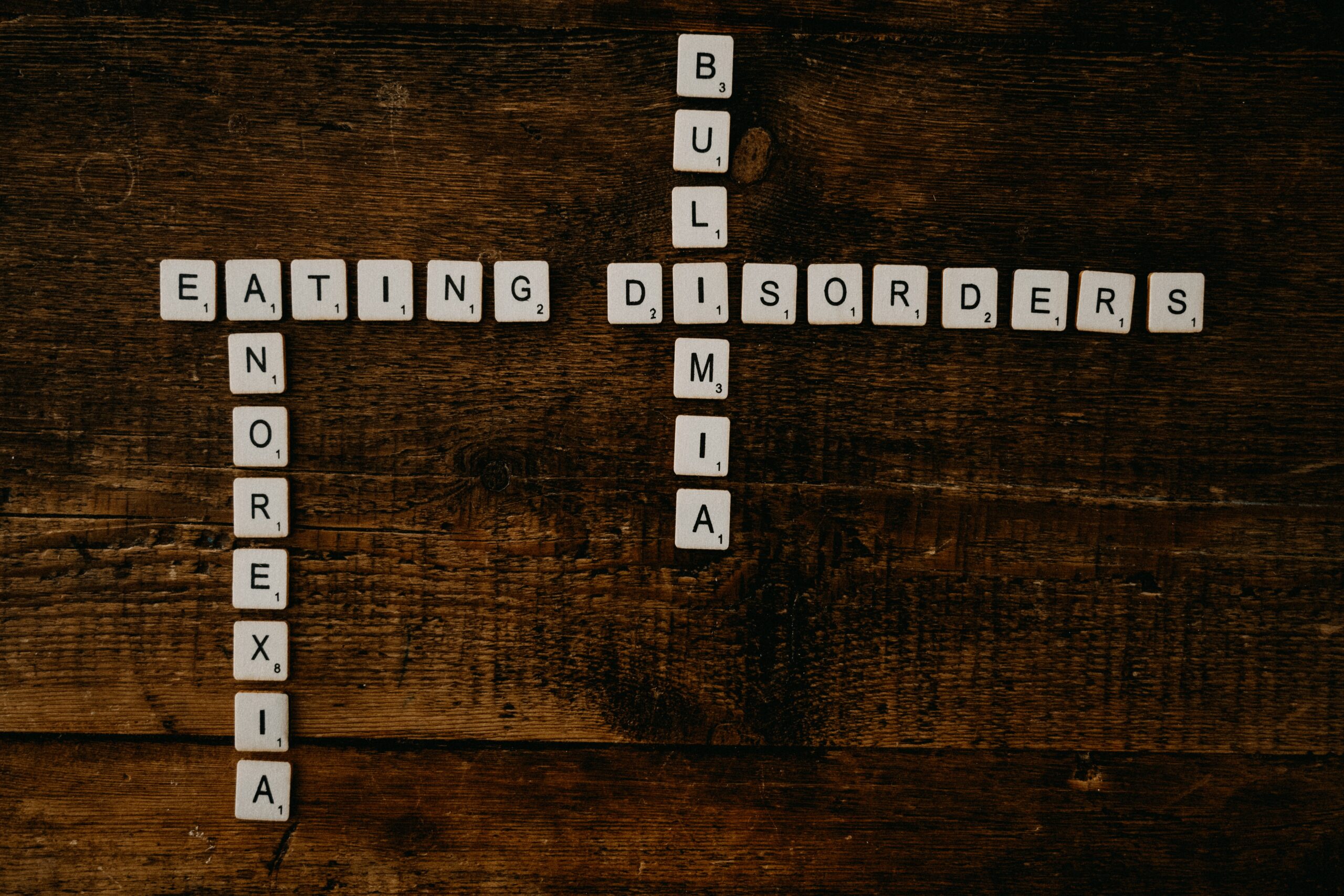
In this blog, we are going to look at anorexia nervosa: what it is, signs and symptoms, possible causes, and how you can support yourself or a loved one.
The term anorexia is commonly used when referring to the eating disorder anorexia nervosa, however the two terms are not synonymous.
The medical definition of anorexia is a lack or loss of appetite for food. This is commonly a symptom of some illnesses, mental health diagnoses (such as depression), infections, or diseases. It can also be a side effect of some medications.
On the other hand, anorexia nervosa is an eating disorder, and is an illness within itself rather than being a symptom or side effect of another illness.
Anorexia nervosa is an eating disorder and a mental health condition characterised by low weight, and a distorted body image.
Sometimes, the symptoms of an eating disorder can be subtle and hard to spot.
Most commonly, we may think of the main symptom of anorexia nervosa as dramatic weight loss. However, there are other signs and symptoms of anorexia nervosa, and these include:
The exact cause of anorexia nervosa is not known, however there are some things that could potentially increase your likelihood of experiencing the eating disorder.
These include:
Anyone of any age can get anorexia nervosa, however it is most common in young females, often starting in the mid-teens. This could be linked to the influence of social media and societal pressures to look a certain way.
A review conducted by Rosie Jean Marks et al. in 2020 examined the literature on social media use, body image, and eating disorders in Western cultures.
The review highlighted that the three things are connected in Western cultures, and social media use contributes to body image concerns and psychological distress. Social media emphasises the Western culture’s obsession with the ideal body shape, and the next big diet trend.
It is important to seek help as soon as possible if you think you may have anorexia nervosa, even if you are unsure. The first step is to speak with your GP who will ask some questions and do a health check.
If your GP believes that you may have anorexia nervosa, the next step is a referral to a specialist eating disorder team who will be able to provide dedicated support to aid your recovery.
If you are worried about a loved one and concerned they may have anorexia nervosa, let them know that you are worried about them and encourage them to speak with their GP. You could offer to accompany them to their appointment if they feel they would like some support.
The NHS also has some further advice on how to help a loved one with an eating disorder.
If you or a loved one are diagnosed with anorexia nervosa, recovery is absolutely possible, however it will look different for everyone. There are different treatment options available to help aid your recovery.
Typically, treatment for anorexia nervosa involves talking therapies, alongside supervised weight gain if you are underweight.
The most common types of talking therapy in treatment for anorexia nervosa are Cognitive Behavioural Therapy, Maudsley Anorexia Nervosa Treatment for Adults (MANTRA), and Specialist Supportive Clinical Management (SSCM).
If you are offered any of these talking therapies and do not feel that they are right for you, or they do not work, you may then be offered Focal Psychodynamic Therapy. This type of therapy involves looking at your symptoms and how they affect you. It will explore how your eating habits are related to how you think, and how they affect your relationship with yourself and others.
If you need further support, or would like to speak to someone confidentially, BEAT, a UK eating disorder charity, has helplines that are open 365 days a year from 9am – midnight on weekdays, and 4pm – midnight on weekends and bank holidays.
If you’re in England, you can call 0808 801 0677 during these times, or email [email protected].
Click here to read more about the helpline support, and to view the contact information for Scotland, Wales, and Northern Ireland.
Rosie Jean Marks, Alexander De Foe, James Collett, 2020. The pursuit of wellness: Social media, body image and eating disorders.
Photo by Annie Spratt on Unsplash.